- Home
- Health Condition
Medicine For Seizures
Medicine For Seizures
- Total Items (2209)
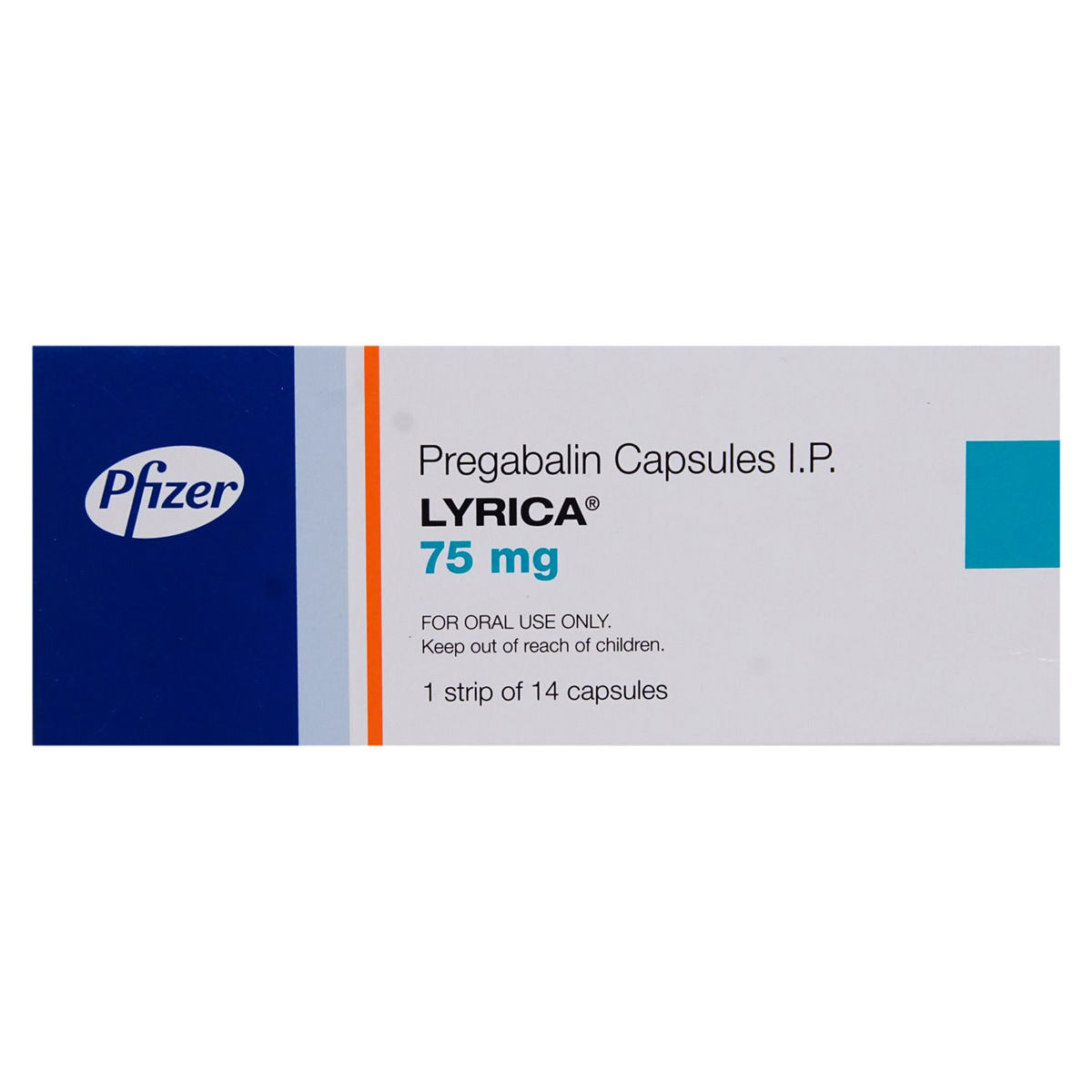 RX
RXLyrica 75 mg Capsule 14's
₹795.60
MRP ₹884
10% off
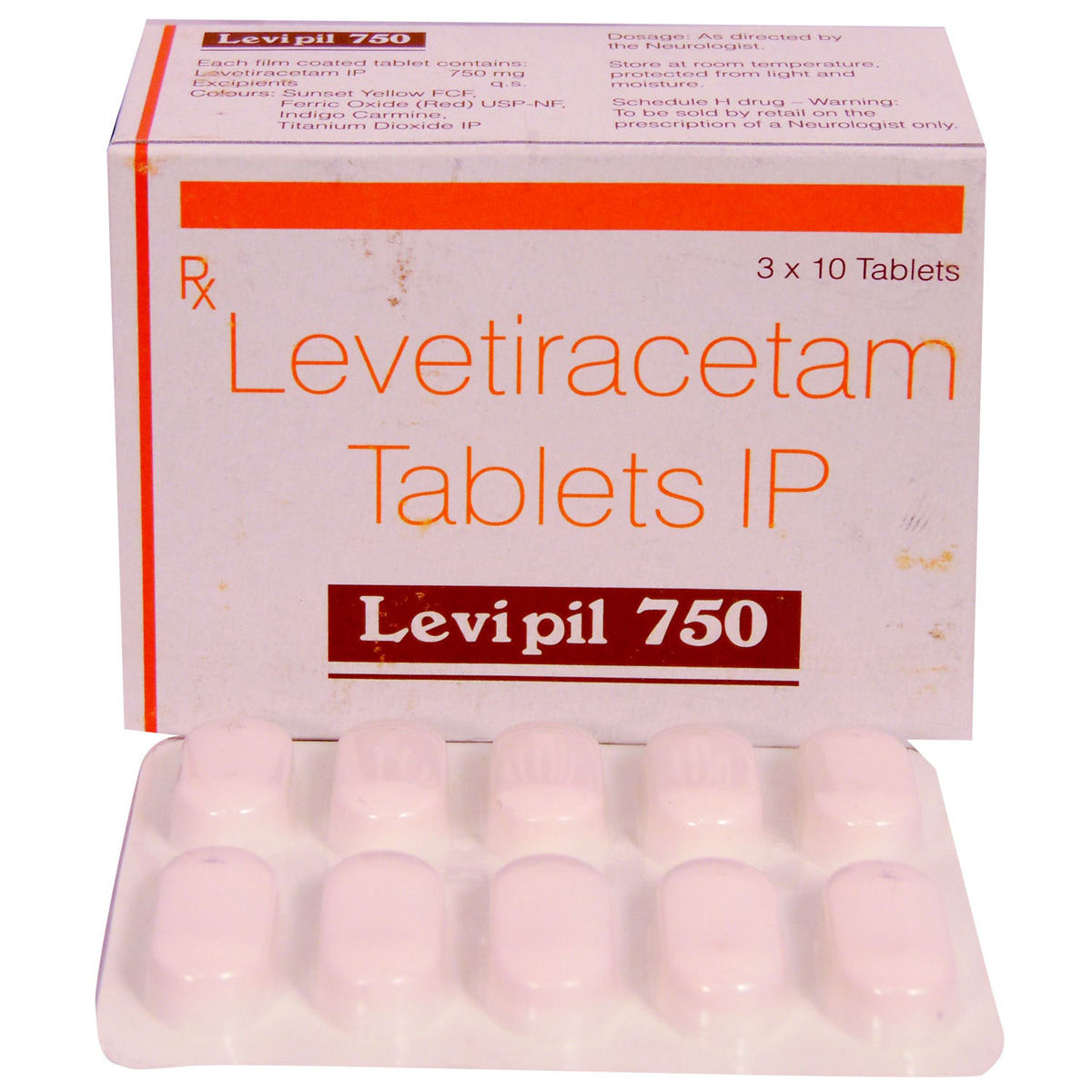 RX
RXLevipil 750 Tablet 10's
₹194.90
MRP ₹216.50
10% off
 RX
RXLevera-500 Tablet 15's
₹199.40
MRP ₹221.50
10% off
 RX
RXLevipil 1 gm Tablet 10's
₹337.50
MRP ₹375
10% off
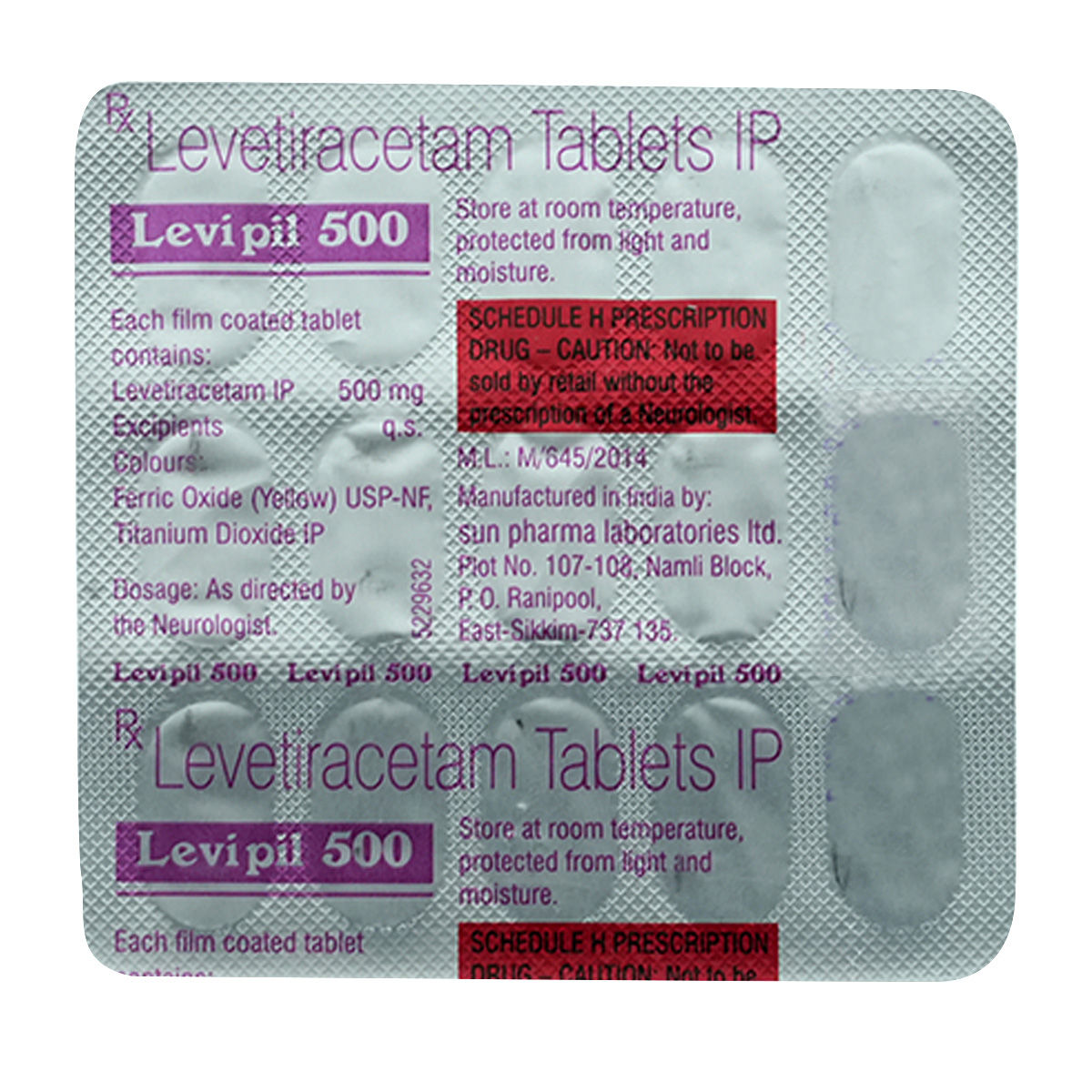 RX
RXLevipil 500 mg Tablet 15's
₹194.40
MRP ₹216
10% off
 RX
RXBrevipil 50 Tablet 10's
₹191.70
MRP ₹213
10% off
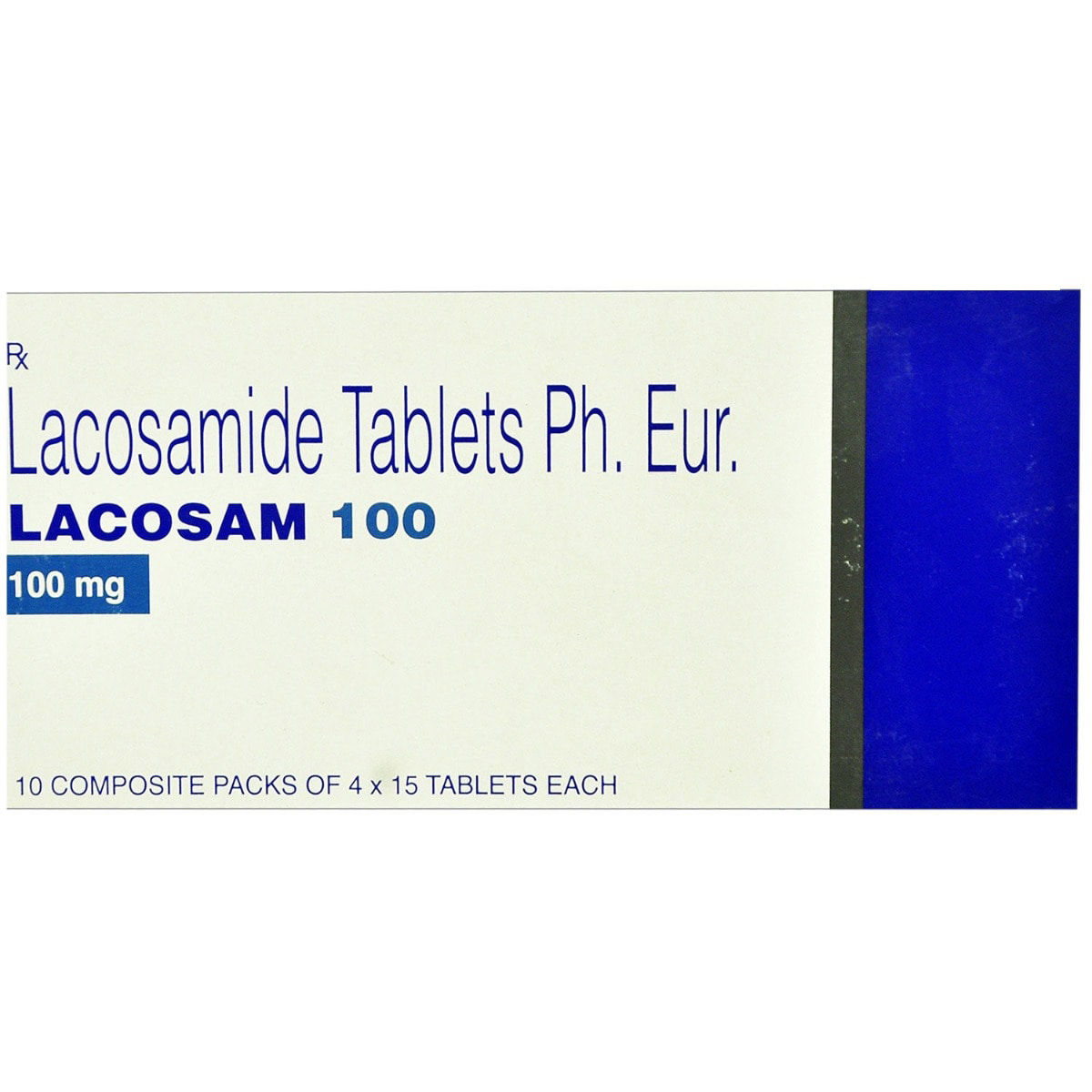 RX
RXLacosam 100 Tablet 15's
₹281.30
MRP ₹312.50
10% off
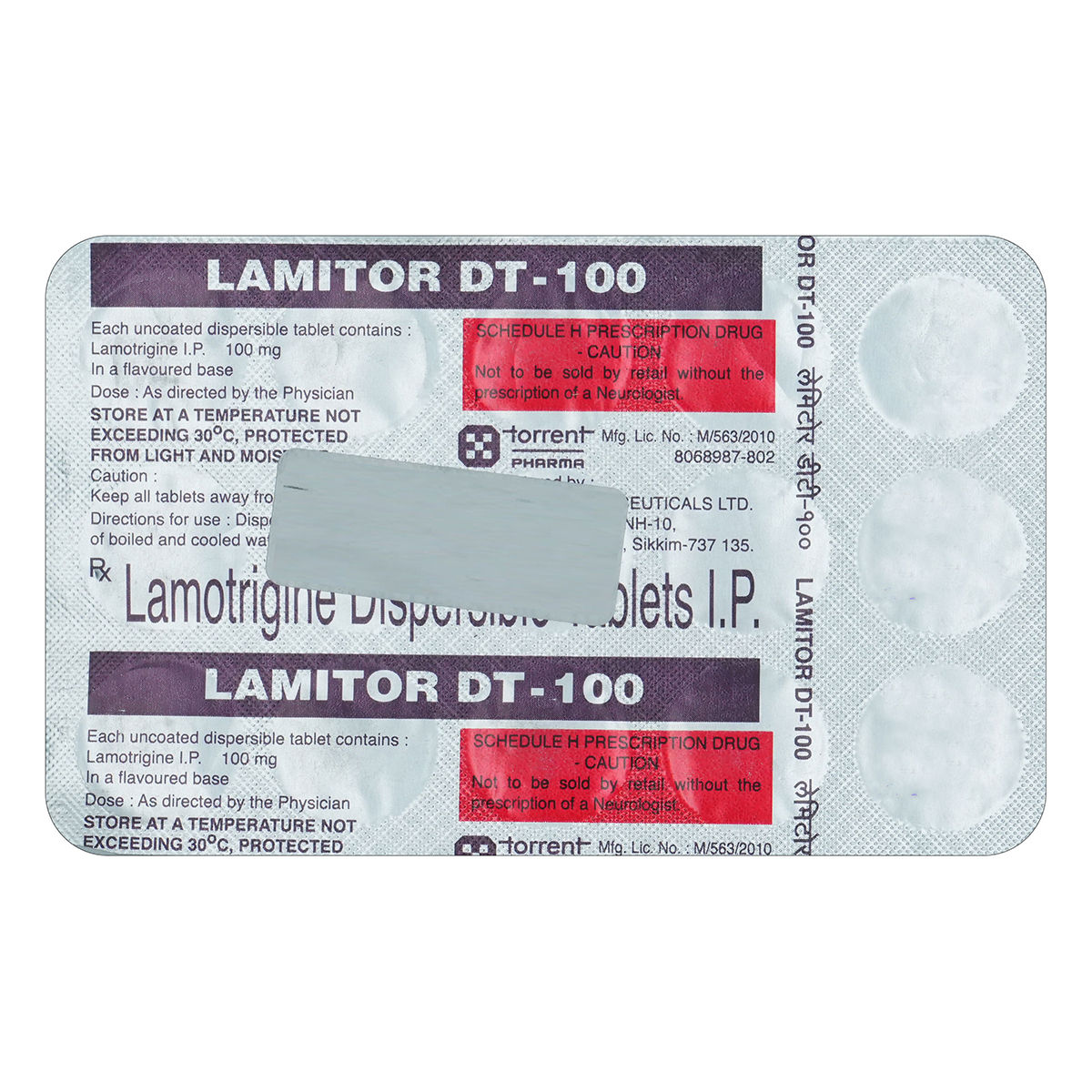 RX
RXLamitor DT-100 Tablet 15's
₹486
MRP ₹540
10% off
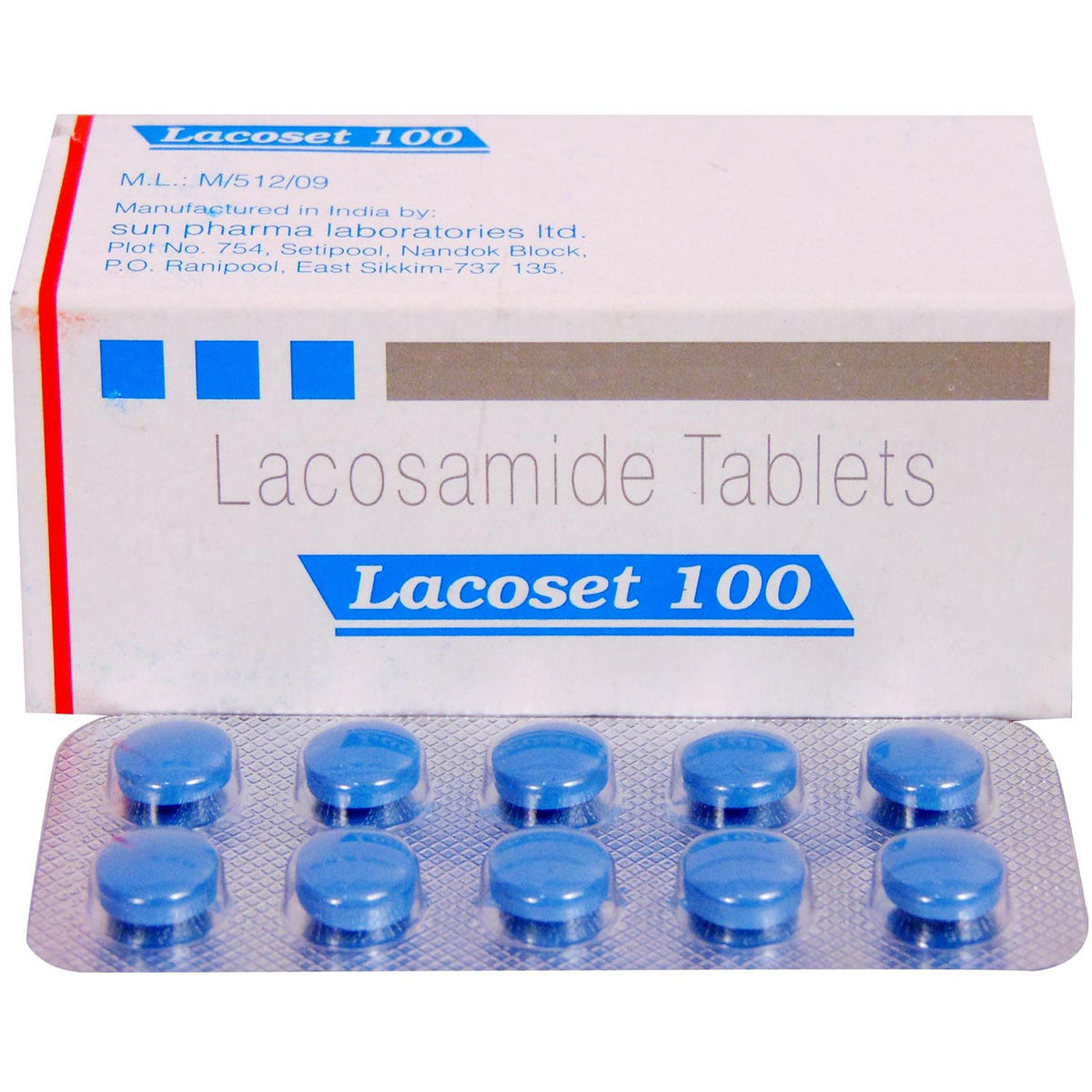 RX
RXLacoset 100 Tablet 10's
₹173.70
MRP ₹193
10% off
 RX
RXLevipil Syrup 100 ml
₹400.10
MRP ₹444.50
10% off
 RX
RXBrevipil 100 Tablet 10's
₹360.90
MRP ₹401
10% off
 RX
RXCaneura Strawberry Flavour Oral Solution 60 ml
₹8199.20
MRP ₹9999
18% off
 RX
RXPregalin 75 Capsule 15's
₹332.10
MRP ₹369
10% off
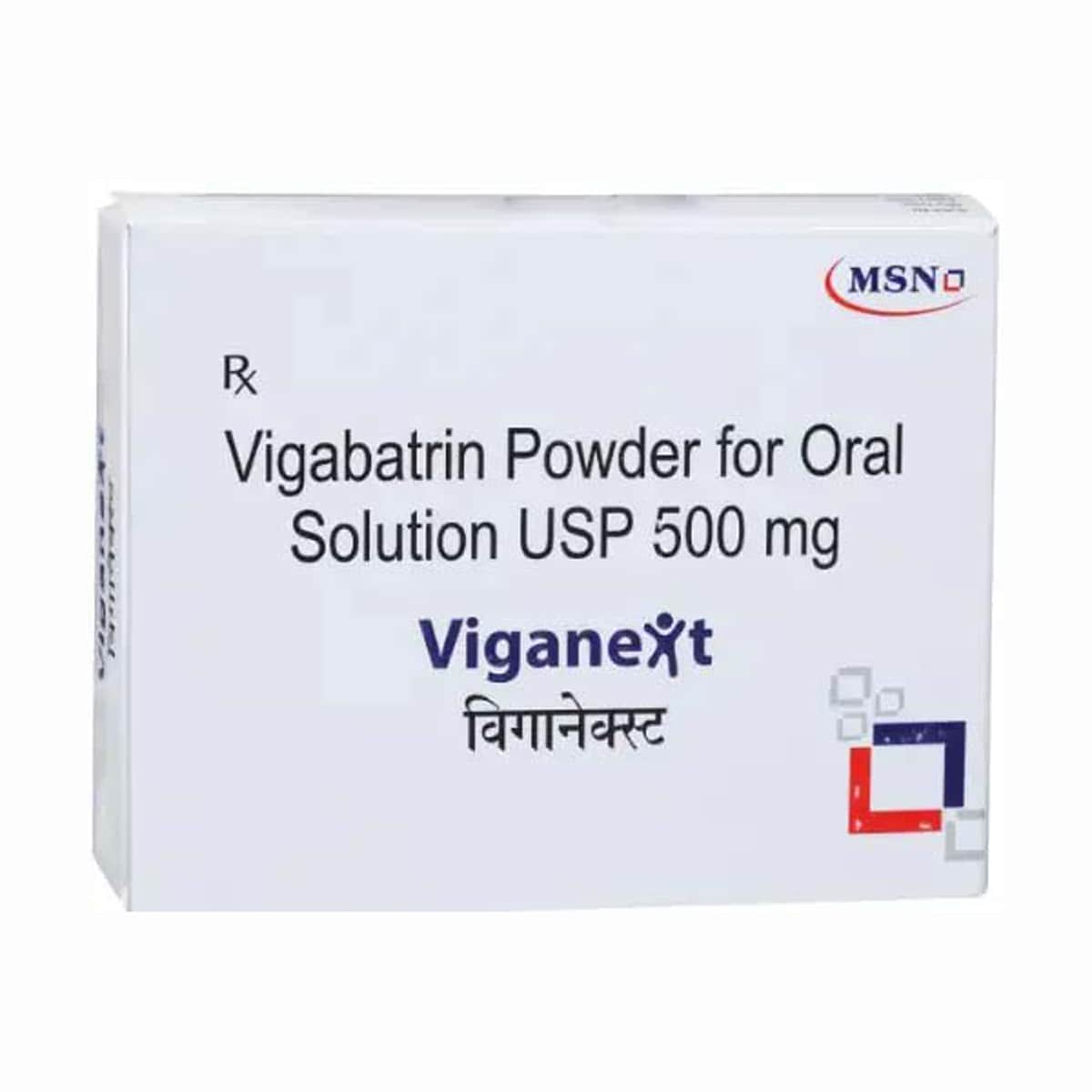 RX
RXViganext Powder For Solution 1's
₹64.80
MRP ₹72
10% off
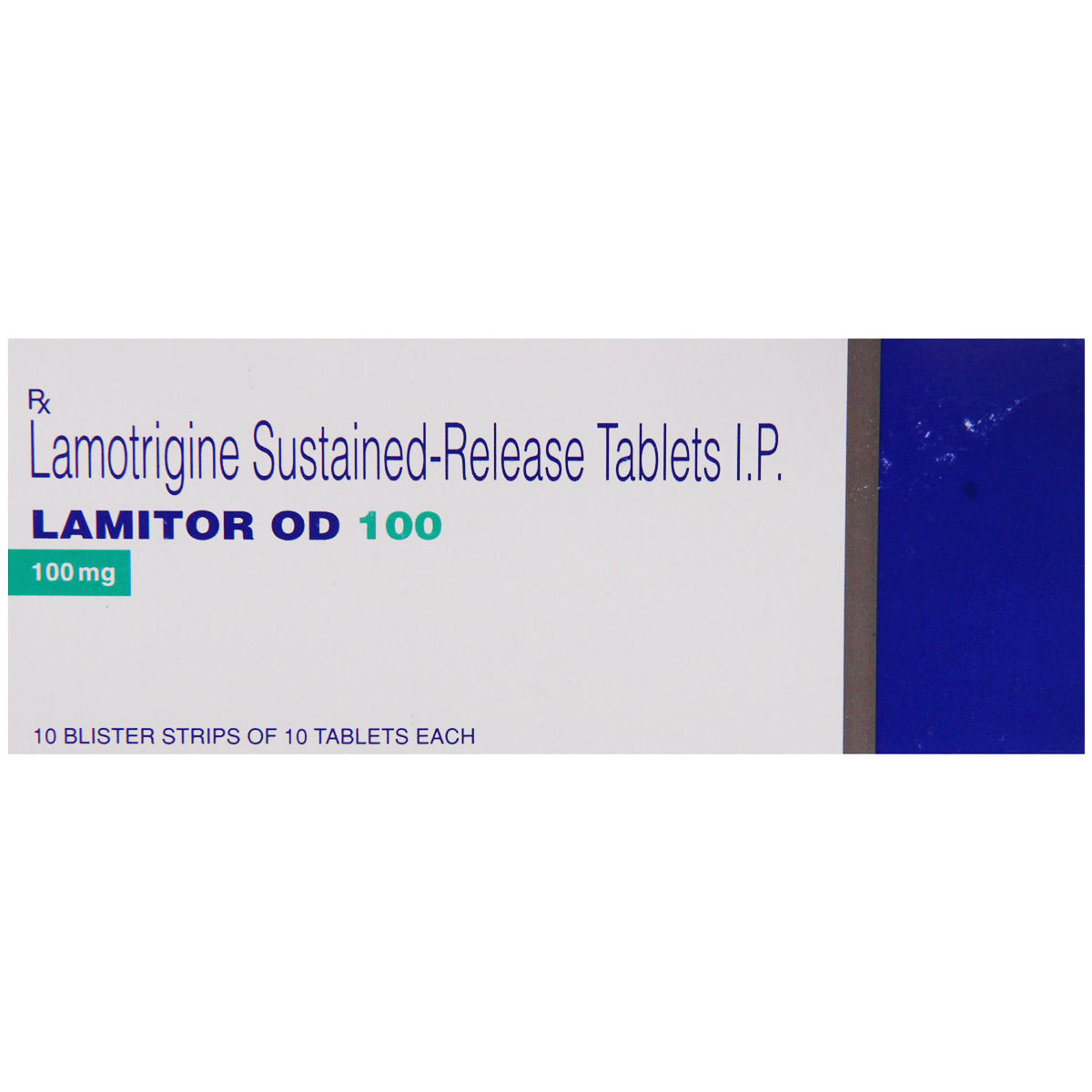 RX
RXLamitor OD 100 Tablet 10's
₹312.30
MRP ₹347
10% off
 RX
RXLamitor OD 200 Tablet 10's
₹581.40
MRP ₹646
10% off
 RX
RXLevera-750 Tablet 10's
₹194.90
MRP ₹216.50
10% off
 RX
RXGabapin-300 Capsule 15's
₹376.70
MRP ₹418.50
10% off
 RX
RXGabapin 100 Tablet 15's
₹147.20
MRP ₹163.50
10% off
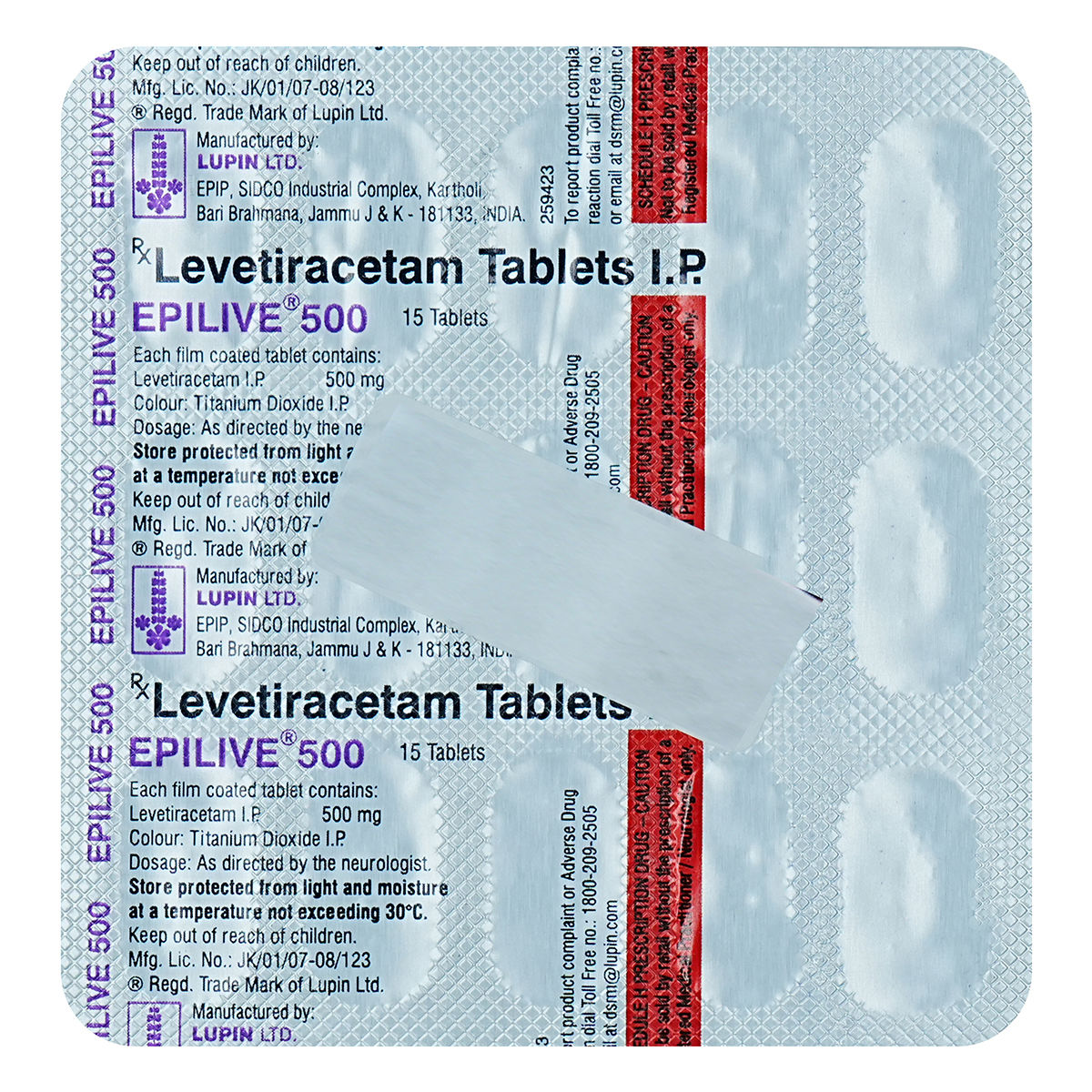 RX
RXEpilive 500 Tablet 15's
₹195.80
MRP ₹217.50
10% off
 RX
RXEncorate Chrono 500 Tablet 10's
₹95
MRP ₹105.50
10% off
 RX
RXBritzilam 50 Tablet 15's
₹293
MRP ₹325.50
10% off
 RX
RXOxetol 300 Tablet 10's
₹133.20
MRP ₹148
10% off
 RX
RXOxetol 450 Tablet 10's
₹211.50
MRP ₹235
10% off
Medicines For Seizures
Seizures are sudden, uncontrolled electrical disturbances in the brain that can cause changes in behaviour, movements, feelings, or consciousness. They can vary in severity and may affect anyone at any age. While some people may only experience a single seizure, others may have recurrent episodes, known as epilepsy. Various medications are available to help control seizures, allowing individuals to lead normal, active lives.
Types of Medicines Used for Seizures
Several categories of medications are commonly used to manage seizures. These medicines work by stabilising electrical activity in the brain, preventing the onset of seizures or reducing their severity. The main classes of drugs used to treat seizures include:
1.Antiepileptic Drugs (AEDs):
AEDs are the most commonly prescribed medications for treating seizures. These drugs control electrical signals in the brain to prevent abnormal brain activity that causes seizures. AEDs may be used for both generalised seizures (affecting the entire brain) and focal seizures (affecting one part of the brain).
- Common AEDs: Phenytoin, Carbamazepine, Lamotrigine, Levetiracetam, Valproate, and Topiramate.
2.Benzodiazepines:
Benzodiazepines are often used as a short-term solution to manage seizures, especially in emergencies. They enhance the effect of a neurotransmitter called gamma-aminobutyric acid (GABA), which helps calm brain activity.
- Common Benzodiazepines: Diazepam, Lorazepam, and Clonazepam.
3.Barbiturates:
Barbiturates, like phenobarbital, were once widely used for seizure control, though they are now less commonly prescribed due to their sedative effects and the potential for dependency. However, they are still effective in some instances, particularly for those not responding to other treatments.
- Vagus Nerve Stimulation (VNS) Therapy: Though not a traditional medication, VNS therapy involves implanting a device that sends electrical impulses to the vagus nerve in the neck. This therapy is typically considered for patients who do not respond to medications. The electrical stimulation helps reduce the frequency and intensity of seizures.
4.Ketogenic Diet:
In some cases, particularly for children with certain forms of epilepsy, a ketogenic diet (a high-fat, low-carbohydrate diet) is used to control seizures. While not a medication, this dietary approach has shown effectiveness in reducing seizure frequency.
Benefits of Using Seizure Medicines
The main goal of seizure medications is to reduce or prevent the occurrence of seizures. The benefits of using appropriate medications include:
- Seizure Control: AEDs and other medications can significantly reduce or even eliminate seizures in many patients, allowing them to lead more independent and fulfilling lives.
- Improved Quality of Life: Medication prevents seizures, helping patients avoid the risks associated with seizure episodes, such as injury or accidents. This improves overall well-being and mental health.
- Prevention of Seizure Clusters: For patients who experience multiple seizures in a short period (a seizure cluster), medications can prevent these clusters from escalating into more severe conditions, such as status epilepticus, which is a medical emergency.
- Reduced Hospital Visits: Effective seizure management means fewer hospital visits for acute seizures or emergency care, reducing healthcare costs and emotional strain.
Dosage & Usage Instructions of Seizure Medicines
Each medication for seizures comes with specific instructions on how much to take and how often. It’s very important to follow these instructions closely to get the best results. Here’s what you should know:
- Start with the prescribed amount: Your doctor will decide the correct starting dose based on the type of seizures, your age, and other health factors. Sticking to this dose is important unless your doctor tells you to change it.
- Increase the dose gradually if needed: Sometimes, your doctor may need to slowly raise your dose until your seizures are under control. This helps reduce the chance of side effects.
- Take your medication regularly: Taking your medication at the same time every day is important. Missing doses can increase the risk of having a seizure. You can set reminders to help you stay on track.
- Watch for side effects: Some medications can cause side effects, like feeling dizzy, tired, or having a stomach ache. If you notice anything unusual, tell your doctor. They might change your dose or switch to a different medicine.
- Don’t stop your medication suddenly: Stopping your medication suddenly can lead to more seizures. Always talk to your doctor before making any changes to how you take your medication.
Buy Medicines for Seizures or Seizure Medicines Online at Apollo 24|7
If you're looking for a reliable and convenient way to buy seizure medicines, Apollo 24|7 offers a comprehensive range of medications for seizure control. You can browse through their selection online, order your medicines from the comfort of your home, and have them delivered directly to your door. Ensure that you consult your healthcare provider before purchasing any medications to make sure they are appropriate for your condition.
Frequently asked questions
The most common medications for treating seizures include Phenytoin, Carbamazepine, Lamotrigine, Levetiracetam, and Valproate. Benzodiazepines like Diazepam and Lorazepam are also used for short-term seizure control.
In many cases, medication can help control or eliminate seizures, but not all patients will experience a complete cure. Treatment often focuses on seizure management and improving the patient's quality of life.
It can take several weeks for the full effect of seizure medications to be felt. The dosage may need to be adjusted during this time, so close monitoring by a healthcare provider is essential.
If your seizures are well-controlled with medication, you may be able to resume normal activities like driving and working. However, it is crucial to consult with your doctor to ensure you are safe to do so.
Like all medications, seizure drugs can cause side effects, including dizziness, fatigue, nausea, or weight gain. If you experience any unusual side effects, contact your healthcare provider to discuss possible adjustments to your treatment plan.
